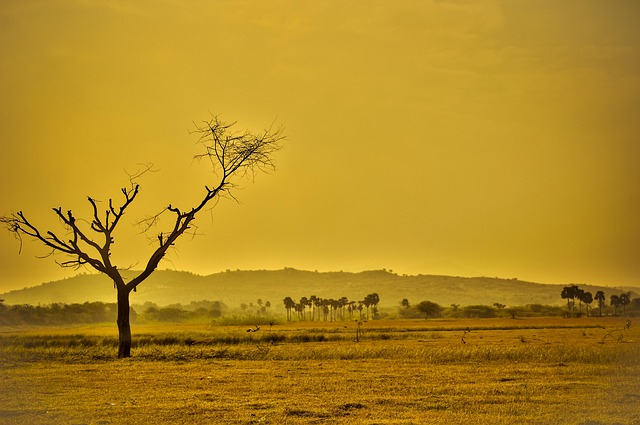
A new study conducted by researchers at the UK MET office and the University of Exeter has found that the carbon dioxide rise in the atmosphere will be very faster in 2019, which could lead to drastic climatic impacts. Scientists also predicted that this drastic rise will be one of the biggest in the last six decades of record keeping.
Scientists made this conclusion after analyzing a combination of risk factors that include rising anthropogenic emissions, and a relative reduction in the update of carbon dioxide by ecosystems which is the result of tropical climatic variability.
"Since 1958, monitoring at the Mauna Loa observatory in Hawaii has registered around a 30 per cent increase in the concentration of carbon-dioxide in the atmosphere. This is caused by emissions from fossil fuels, deforestation and cement production, and the increase would have been even larger if it were not for natural carbon sinks which soak up some of the excess CO2. This year we expect these carbon sinks to be relatively weak, so the impact of record high human-caused emissions will be larger than last year," said professor Richard Betts, who works at the Met Office Hadley Centre and the University of Exeter, in a recent statement.
As per the MET office forecast, the average rise in atmospheric CO₂ will be 2.75 ± 0.58 parts per million (ppm) higher in 2019 than in 2018. Even though this figure is one of the biggest in history, it is slightly less than that in 2015-2016, and 1997-1998 due to the El Nino event. As a result of El Nino event, pacific warming increased heavily and thus the carbon dioxide content in the atmosphere also went up drastically.
Researchers predict that the carbon dioxide level in the atmosphere will be peaked on May 2019, but it will fall down in September. However, by the end of the year, the CO2 levels will again start increasing in the atmosphere.
"Each year's CO2 is higher than the last, and this will keep happening until humans stop adding CO2 to the atmosphere. Testing our predictions of the details of this helps us improve our understanding of feedback in the climate system," added Betts.









